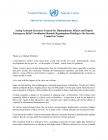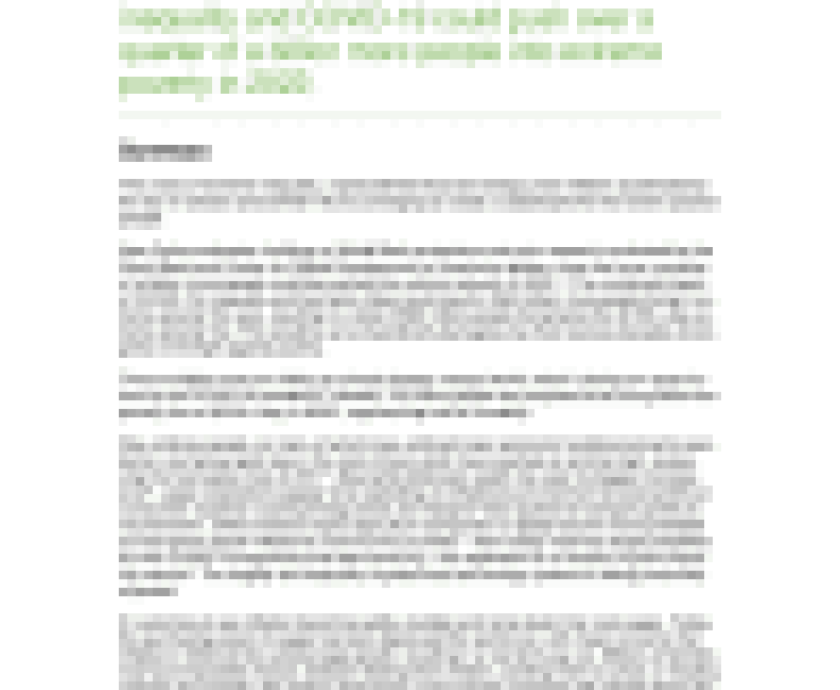Click to expand Image
An iPhone screen shows the Telegram account of OVD-Info, prominent human rights group in Russia that tracks arbitrary arrests of protestors in Moscow, Russia, December 25, 2021.
© 2021 AP Photo/Alexander Zemlianichenko
The final days of 2021 were marked by a particularly vicious escalation of Russia’s crackdown on independent reporting and activism. Amid a flurry of new “foreign agent” designations, arrests of political activists, and appalling court rulings enabling the government to shut down Memorial, the country’s human rights giant, Russian authorities have delivered a crushing blow to yet another key civil society actor. On December 25, while much of the world was on holiday, authorities blocked the website of OVD-Info.
OVD-Info is a prominent Russian rights group which reports on police abuse at public protests, arranges free legal services for thousands of arbitrarily detained protesters, and analyzes regulations and tactics used by the authorities to restrict freedom of assembly. The group describes itself as a “human rights media project” and formally operates under the aegis of Memorial Human Rights Center, which was liquidated by the Moscow City Court on December 29. Both Memorial and OVD-Info had been designated “foreign agent” organizations by Russia’s Justice Ministry.
Roskomnadzor, the state media and communications watchdog, blocked the website, citing a December 20 court decision that stated the group “justified” and “promoted” terrorism and extremism. The court also ordered social media platforms to remove the group’s accounts, as they supposedly aimed “to foster among a significant part of its audience the notion that it is acceptable to commit crimes…”.
OVD-Info weren’t aware of the court hearing until they realized their website was blocked and saw a news report referencing the mysterious decision. One of their lawyers rushed to the court asking for a copy of the ruling but could not obtain it. They only read the document when the court published it five days later, on December 30. “The court said they had sent us information about the scheduled hearing, but we had no idea. There was no notification, nothing,” Denis Shedov, a senior lawyer at OVD-Info told me.
Now Russian authorities are pushing key social media platforms, including Facebook and Twitter, to block the group, in compliance with the court ruling. If the platforms yield to pressure, OVD-Info’s work will be paralyzed. Social media is a lifeline between OVD-Info and the people who rely on their legal services and information. It’s crucial that tech giants uphold their responsibility to respect human rights and ensure this lifeline remains open.




